Tony Letford
In a recent article in the Weekend Australian, Alison Broinowski refers to ‘America’s unjustified atom bombing of Japan’ (‘Nothing Great in US decline’). It is the sort of breathtakingly dismissive reference to one of the most important historical events of the last century that one might have expected from someone in the Black Lives Matter movement rather than a distinguished academic, diplomat and writer.
Conservative historians argue that dropping two atomic bombs killed hundreds of thousands of people but it saved the lives of millions who would have died if America and its allies had been forced to invade Japan to bring about the end of the second world war. A growing number of academics and revisionist historians argue that the use of atomic bombs was a crime against humanity.
The interpretation of all pivotal historical events is contested. If the causes of the Peloponnesian wars between Athens and Sparta are still a matter of debate some 2,500 years later, it is unlikely that agreement will suddenly emerge about the question of whether the use of atomic bombs against the Japanese was justified.
Dr Broinowski’s decision to run as a WikiLeaks candidate in the 2013 federal Senate elections goes a long way to explain how she can so casually deal with one of the most contested decisions of WWII but it also reminds us of something which is a very important, but often taken for granted, feature of Western society. We have the right and ability to debate honestly and openly about issues from the past, the present and the future.
Not all ‘democracies’ allow such open debate about their past. The Turkish government has for the past 100 years, despite overwhelming evidence to the contrary, denied that there was an Armenian genocide and it is political suicide to argue otherwise in Turkey. In Japan there is still debate about whether or not the ‘Rape of Nanjing’ took place at all.
There is of course no debate about that question in China itself. In Nanjing there is a museum which tells the story of the horror unleashed on its citizens by the invading Japanese. It is one of the few museums in China which does deal honestly with an historical event. Of course it can only do so because it harmonises with the Chinese government’s wider narrative of the merciless exploitation of China by the outside world.
A few years ago I visited the Oscar Schindler Museum in Krakow. It was formerly an enamel factory through which Schindler was able to save the lives of hundreds of Jews. While wandering through the museum I was passed by a group of German schoolchildren and their teachers. I spoke to one of the teachers who explained that the German government considered it important that the education of its young citizens should include an honest look at the devastation that the Nazis brought to Europe in general and the Jews in particular. I watched as the teenage schoolkids were initially, like all kids on an outing, boisterous and full of good humoured badinage. As they went deeper into the history that was unfolding, they became far more subdued.
The German government has probably been more honest in exposing its citizens to the horrors their grandparents inflicted on the world than any other nation in history. The Chinese governments stand at the opposite end of the truth spectrum and routinely tells blatant lies about such incidents as the Great Leap Forward, the Cultural Revolution and the Tiananmen Square Massacre.
Where Australia lies on such a spectrum largely depends on your political persuasion. The Left argues that, even today, Australians refuse to accept responsibility for the injustices meted out to first Australians as a consequence of the Aboriginal dispossession. They would argue that little has changed and that indigenous rates of incarceration or suicide are proof that little has changed for Aborigines in the past two centuries. The right claims that picking at the scabs of historical injustices solves nothing and ultimately leads to the self-righteous nonsense exemplified by the Black Lives Matter madness and by the tearing down of statues of historical figures.
During the Cultural Revolution, throughout China, ancient Buddhist statues were destroyed or damaged by the Red Guards with the same perverted enthusiasm as leftist thugs throughout the West are now pulling down statues of anyone who attracts their ire. The Left’s selective interpretation of the past has proved it to be better at attacking and destroying institutions and symbols such as statues than it is at providing meaningful alternatives.
Despite the fact that we have freedom of speech and access via the internet to an unprecedented amount of historical data and information, the Left is winning the history wars. The high school history curricula in most states are now full of ideologically biased accounts of our past. The wholesale acceptance of the description of pre-contact Aboriginal life presented in Bruce Pascoe’s Dark Emu is a case in point.
A few anthropologists and academics have had the courage to draw attention to the errors and falsehoods in his arguments. But from the academy in general, the silence has been deafening. Anyone looking for an academic career as an anthropologist knows that it is career suicide to attack Pascoe’s absurd claim that pre-contact Aboriginals lived in ‘a system of pan-continental government that generated peace and prosperity’.
Niall Fergusson’s Civilisation: The West and the Rest concludes with the cautionary observation that ‘Today… the biggest threat to Western civilisation is posed not by other civilisations, but by our own pusillanimity – and by the historical ignorance that feeds it’. Fergusson argues that civilisations don’t always decline slowly. Often they collapse in the space of a few generations.
If he is right, global warming and the current pandemic are second order issues. Our education systems are currently giving students a completely inadequate grasp of the challenges faced by Western civilisation. Marie Antoinette had a better understanding of the Parisienne mob than Australians have of the issues confronting us.
Kel Richards
Here is a puzzle: what is the difference between ‘populism’ and ‘democracy’? The older of the two is ‘democracy’ being part of English since around 1500; ‘populism’ is a mere baby by comparison, recorded from 1891. ‘Democracy’ means government by the demos – the people. It is incorporated into the ancient Greek word demokratia, ‘popular government.’ Meanwhile ‘populist’ is used as a sneer word and applied to popular leaders the speaker doesn’t like. But ‘populist’ means ‘representing the interests of ordinary people.’ It often seems to name that stream of politics that appeals to people who feel their concerns are disregarded by established elite groups. Not, I would have said, a millimetre of difference between that approach and classic democracy. So, why do the woke use it as a sneer word? Is it, in reality, a coded attack on democracy? Is the unexpressed assumption that power should be in the hands of the technocratic, woke elite who know what’s best for everyone, and it’s time for the ‘great unwashed’ to just listen obediently to their betters?
Got something to add? Join the discussion and comment below.
Get 10 issues for just $10
Subscribe to The Spectator Australia today for the next 10 magazine issues, plus full online access, for just $10.
You might disagree with half of it, but you’ll enjoy reading all of it. Try your first month for free, then just $2 a week for the remainder of your first year.

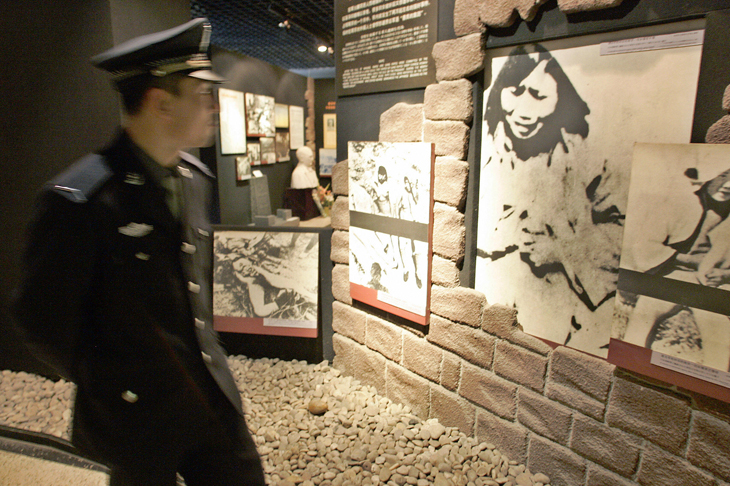
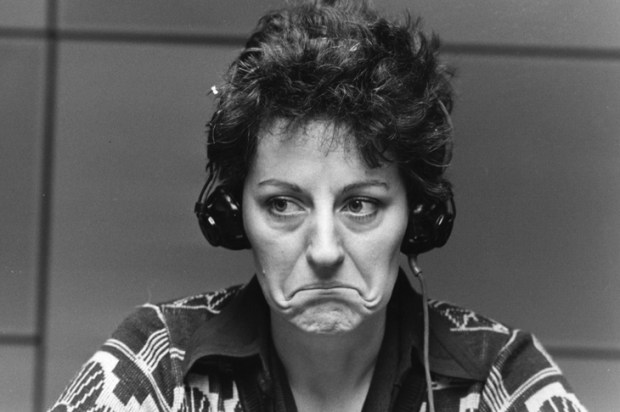
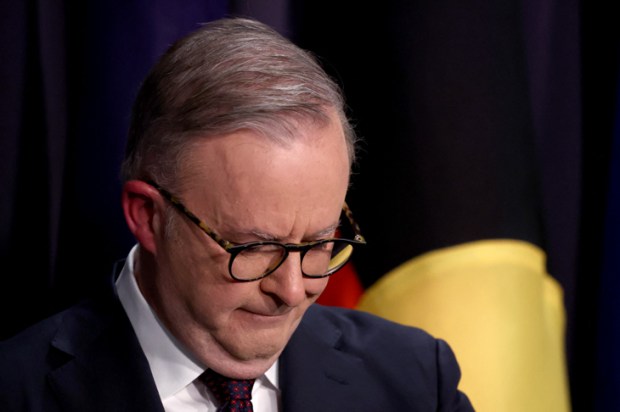
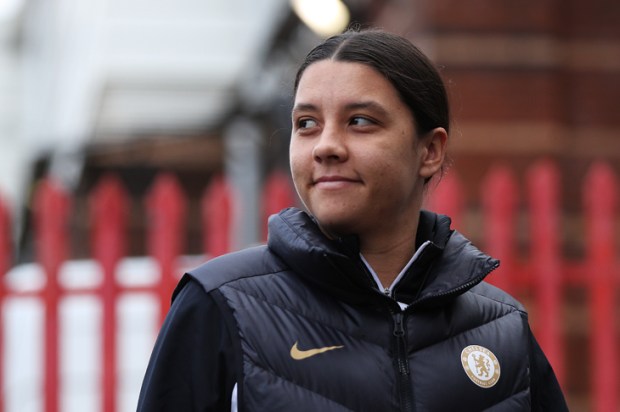
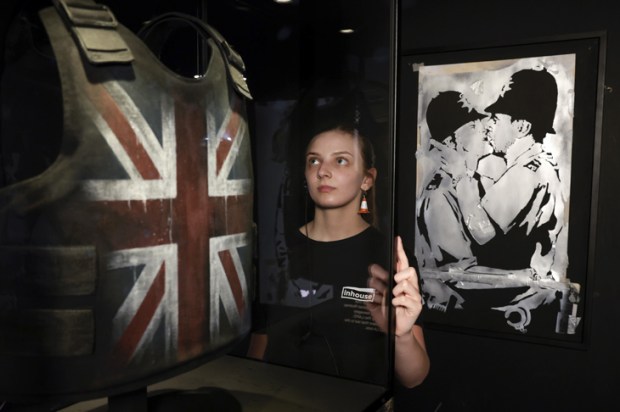
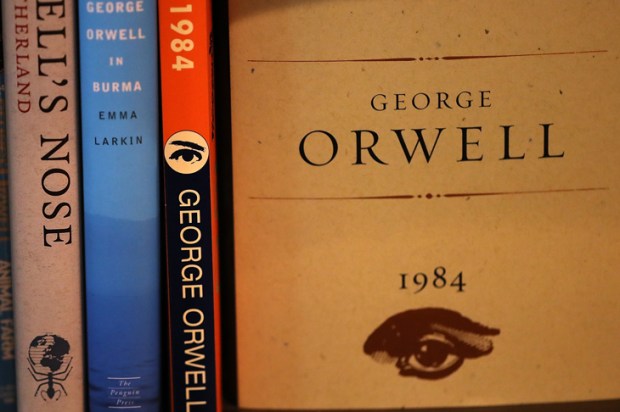
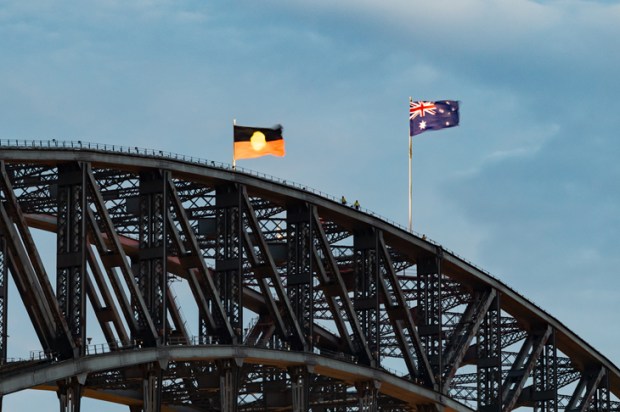






Comments
Don't miss out
Join the conversation with other Spectator Australia readers. Subscribe to leave a comment.
SUBSCRIBEAlready a subscriber? Log in